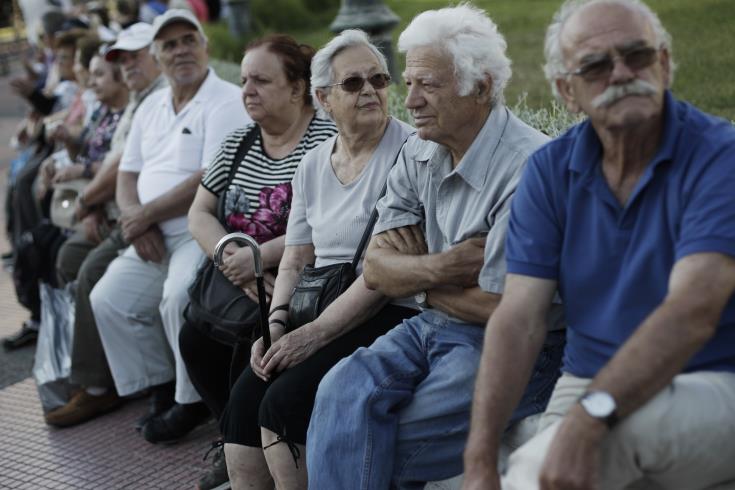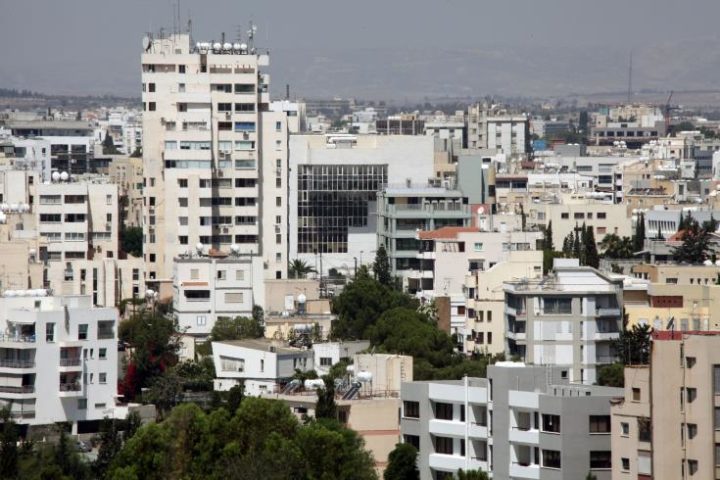Like many things, most of our life-needs are changing and there now seems to be a noticeable pattern.
A young couple starts with buying a 1-2 bedroom apartment.
Then, depending on their financial ability, move on to a larger apartment and, if they can eventually afford it, a house.
Other than those who have financial support from their parents or family, the ‘housing circle’ described here is valid for the majority.
Whereas this cycle of housing is quite ordinary in other countries, in Cyprus, this has only appeared in the last 15 years, since people did not change homes, whereas moving away from the parents’ house, given in most occasions as a dowry, was not acceptable.
Nowadays, this circle ends when the couple reaches the age of 65-plus and in cases where children no longer live in the parents’ house.
Among those who had in the past built huge houses with spacious gardens, the ageing couple no longer wants to live in a house of more than 250 sqm., whereas cleaning and maintaining a large garden is costly while the feeling of living in a “ghost” house is not appealing either.
Older house designs can also become a problem, as at the time (the 1980s) the trend was for split level units with 2-3 steps at various levels.
The recent economic situation is also affecting decisions since the family house that would have originally been left to the children (usually the daughter), nowadays most children find their parents’ houses too costly to upkeep and outdated, requiring extensive modern improvements.
As a result, young couples have no time or the financial ability to take over their parents’ home.
In terms of age groups and based on our experience the circle is as follows:
A young couple aged 25-35 – Compact apartment of 2 (most preferred) or 3 bed (for the more affluent).
Married, 35-45 years – Larger apartment or small house.
Married, 45-65 years – Larger house but eventually the children leave home.
The older couple, if they succeed to sell or let their property, are looking for a central apartment close to shops and other facilities within walking distance, in the area of 150 sq.m. (max.), either to buy or lease long term.
Changing times and living habits have brought about a new housing time frame which did not exist before – the house was there for life only to be given at a later stage to the daughter upon marriage as a dowry.
In the past, parents would give away the main house and they would move to a small unit in the back of the house, something that no longer happens.
Nowadays, families are not as close as they used to be and it is worrying to see an increasing trend to place the parents in old people’s homes (most of which are an embarrassment), although there is a handful that offers hotel-like facilities.
High-end retirement homes are in great need and there is room for such projects, both for locals as well as foreign residents.
Selling one’s house and moving into an organised complex with some facilities is what is needed and I do not refer to those who are sick or disabled and need care.
I have written in the past that an ideal project would be the Kermia Hotel in Ayia Napa comprised of 2-bed bungalows with a common/central building accommodating a café, internal pool, social room, etc.
Now, this hotel has been sold and used to accommodate all tourists.
For such projects, however, I found that a rental or occupation fee of €2,000 p.m. is reasonable and of course it applies to those who have the financial ability.
This cost, coupled with food, services will come to a total of €3,000 p.m. for two people.
It is reasonable in the sense that if the couple sells their house, the amount received should go against the rent and living expenses.
Any project should go along the lines of U.S. residential retirement projects.
I had proposed that retired people could pre-let the leased property for 10-15 years with the right to sell the balance of the lease should they have to or want to terminate.
This type of project is now becoming more of a necessity.
As people tend to live longer (in Cyprus, on average, men live to 80 and 85 for women).
It is appreciated that the need will become an increasing one and this alternative will benefit parents as well as the children (who have no time for the parents).
In the past, the property would pass to the children upon their parents’ death, but some make the mistake to transfer the property to the children earlier with the hope that the children will look after them.
How mistaken they are.
Nowadays, under the new laws, the parents can ensure some sort of security by transferring the property but retaining a life interest.
That is, the parents maintain the use of the property for as long as they live (including rental, development) and this is duly noted in the title deed.
It is a sort of blackmail by parents, but as the saying in Greek goes, “it is better to keep your clothes in the hope that at the end you will be left with half”. Property with life interest is an asset for the parents and an asset for the children (be it much reduced in value depending on the parents’ age).
There are a couple of high-end residential projects in the Nicosia area, where full concierge and facilities are provided.
I noted that especially the older owners of large houses, showed particular interest, willing to sell their homes or villas for over €1-2 mln and seeking a place in the centre of town.
A friend who has gone down this route sold her 4 bedroom house in Strovolos and moved into a central Nicosia apartment of 220 sq.m.
She told me they are quite happy, be it that they miss their garden and fireplace, but quite happy to walk within 10 minutes distance from the centre, as well as saving around €4,000 p.m. in rental difference.










